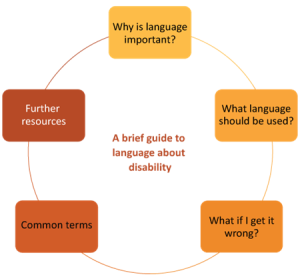
Assessment Strategies for Language Learning
Assessment plays a crucial role in the process of language learning. It helps teachers evaluate students’ progress, identify areas of improvement, and tailor instruction to meet their individual needs. In addition, assessment provides valuable feedback to learners, helping them track their own progress and set goals for improvement.
Types of Assessment
There are various types of assessment that can be used in language learning, including:
Formative Assessment: This type of assessment is ongoing and provides feedback to students throughout the learning process. It helps teachers identify areas for improvement and adjust instruction accordingly.
Summative Assessment: Summative assessment is used to evaluate students’ overall performance at the end of a unit, course, or program. It provides a final measure of students’ language proficiency.
Performance-based Assessment: This type of assessment measures students’ ability to apply their language skills in real-life situations. It often includes tasks such as presentations, role-plays, and projects.
Portfolio Assessment: Portfolio assessment involves compiling a collection of students’ work over time to demonstrate their progress and achievement in language learning.
Effective Assessment Strategies
When designing assessment strategies for language learning, it is important to consider the following factors:
Alignment with Learning Objectives: Assessments should be directly linked to the learning objectives of the course or program to ensure that they measure what students are expected to know and be able to do.
Validity and Reliability: Assessments should be valid, meaning that they accurately measure students’ language proficiency, and reliable, meaning that they produce consistent results when administered multiple times.
Feedback and Reflection: Providing timely and constructive feedback to students is essential for their learning and growth. It is also important for students to reflect on their own performance and identify areas for improvement.
Engagement and Motivation: Assessments should be engaging and motivating for students, encouraging them to actively participate in the learning process and strive for success.
Technology in Assessment
Technology can play a valuable role in language assessment, offering innovative tools and resources to enhance the assessment process. Some ways in which technology can be used in language assessment include:
Online Assessment Platforms: These platforms provide a convenient and efficient way to create, administer, and grade assessments, as well as analyze students’ performance data.
Language Learning Apps: There are various language learning apps available that offer interactive exercises, quizzes, and assessments to help students practice and improve their language skills.
Speech Recognition Technology: Speech recognition technology can be used to assess students’ pronunciation and speaking skills, providing instant feedback on their performance.
Virtual Reality: Virtual reality can create immersive language learning environments that simulate real-world situations for assessment purposes, allowing students to practice and demonstrate their language skills in a realistic context.
In conclusion, assessment is an essential component of language learning that helps teachers evaluate students’ progress, provide feedback, and tailor instruction to meet their individual needs. By implementing effective assessment strategies and leveraging technology in assessment, educators can enhance the learning experience and promote student success in language acquisition.

